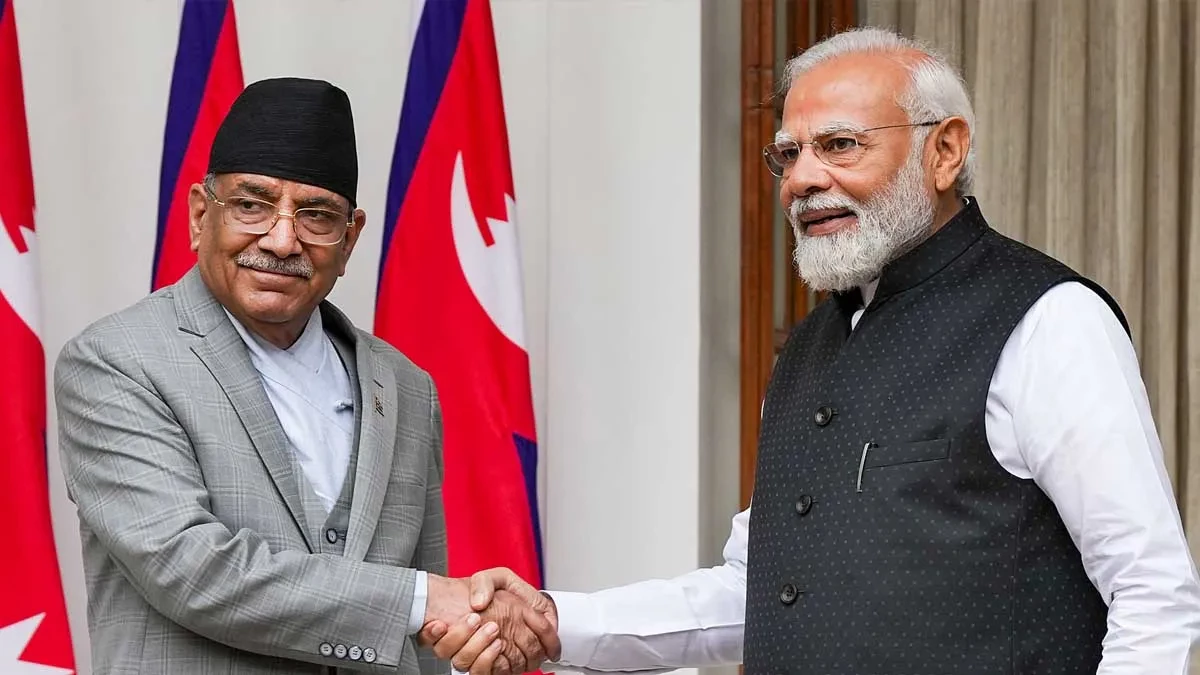Nepal signed a deal with India on Thursday for the Himalayan republic to export 10,000 megawatts of hydroelectricity over the next decade to its energy-hungry neighbour.
More than four in five Nepalis did not have access to electricity in 2000, according to the International Energy Agency, but a dam building spree in the years since has helped connect nearly all of its 30 million people to the grid.
It currently has installed capacity of over 2,600 megawatts from over 150 projects, with another over 200 projects under construction.
Nepali foreign ministry spokesman Amrit Bahadur Rai confirmed the "long-term power trade" deal to AFP, signed during a visit of Indian foreign minister S. Jaishankar to Kathmandu.
Further details of the agreement have not been made public, but Independent Power Producers' Association of Nepal president Ganesh Karki said the deal was "historic".
"Now the government must focus on creating laws and a conducive environment to support production of that scale," he added.
Experts expect the agreement will drive further investment to Nepal's hydropower sector.
"Details of the agreement may have to be worked out... but having a number will make investment more bankable," said Sagar Prasai, co-author of a study on electricity trading in South Asia.
Water-rich Nepal has a mountain river system that could make it an energy-producing powerhouse, with some studies estimating its total potential capacity at 72,000 megawatts -- 25 times the size of current installed capacity.
Landlocked Nepal has already been exporting electricity on a smaller scale to India since late 2021.
Sandwiched between India and China, Nepal's two powerful neighbours have long competed for influence and investment opportunities in the hydro sector.
India has been the favoured partner, in part because it has insisted it will not source energy from projects financed by a third country.
The world's most populous country is heavily reliant on polluting coal for energy generation but has pledged to reach net zero emissions by 2060.
Conservationists have criticised Nepal's rush to develop its hydro potential, saying that environmental compliance safeguards are sometimes ignored in construction.
Last year a draft ministerial proposal to make dam construction easier in protected nature reserves raised alarm among environmentalists.
Nepal's hydropower projects also face the risk of damage from floods and landslides common in the country, both of which are increasing in frequency and severity due to climate change.


